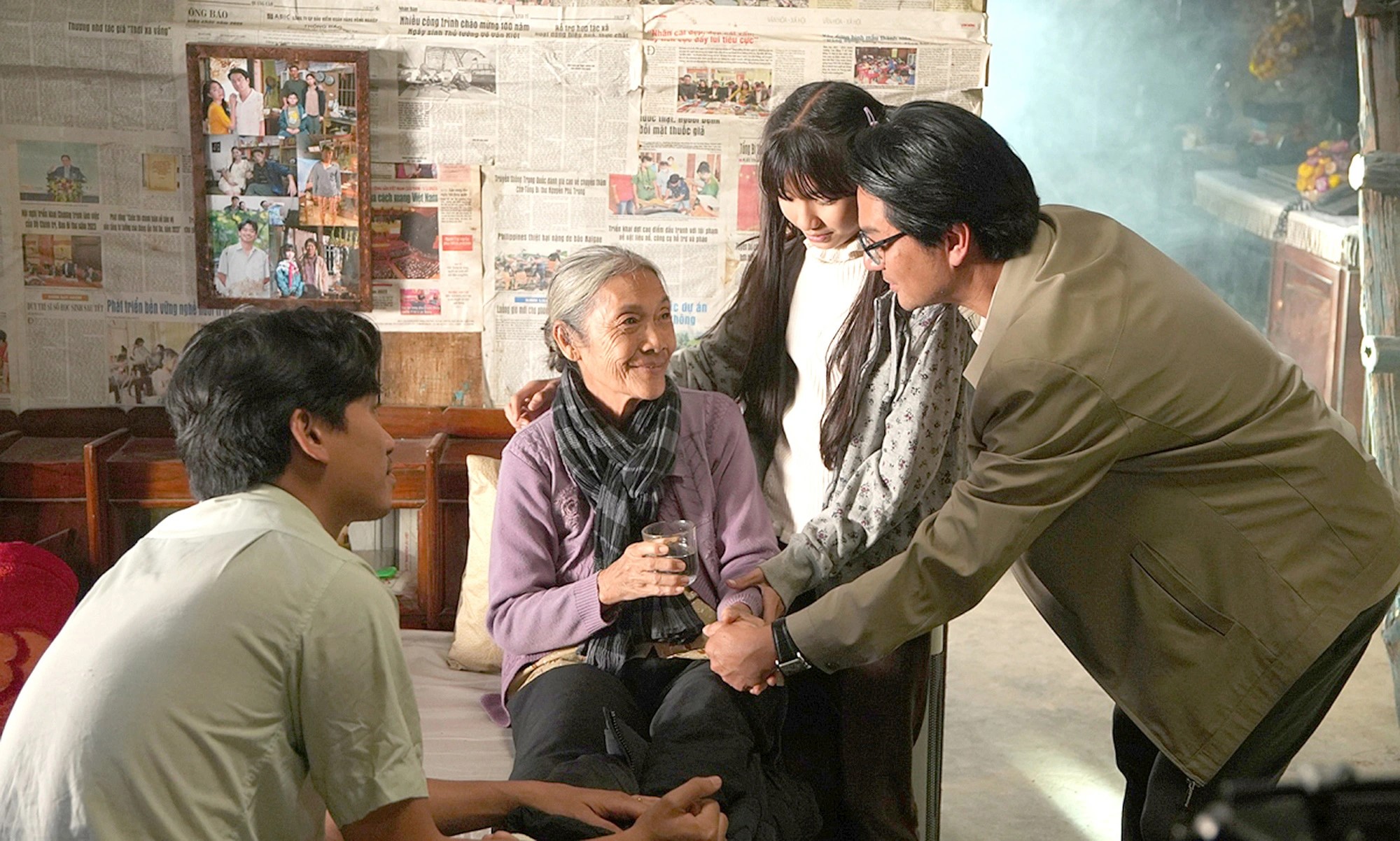Ho Chi Minh City is working on a proposal to become the first film metropolis in Vietnam, aiming to join the UNESCO Creative Cities Network.
Suggestions from filmmakers and distributors have been gathered to help complete a pre-feasibility study that could turn this cinematic vision into reality.
Director Charlie Nguyen believes Ho Chi Minh City is the most promising candidate for this initiative.
The city boasts a rich cultural tapestry, with a concentration of human resources, film studios, producers, and competitive production costs all in one location.
With its unique mix of traditional and modern culture, along with diverse landscapes, the city offers a variety of captivating settings for filmmakers.
Streets lined with French colonial architecture sit alongside others illuminated by neon signs or reflecting different cultural influences, making it an ideal location for fostering connections through global cinema.
To truly establish itself as a film-centric destination, the city must develop a more comprehensive ecosystem, similar to environments found in Busan, South Korea.
Investment in modern studios and post-production facilities that meet international standards is essential for attracting foreign producers.
“Countries often use film festivals as a marketing tool for their cinematic brands. We have the Ho Chi Minh City International Film Festival, and I hope we can maintain and enhance it,” said Nguyen.
Nguyen emphasized the need to strike a balance between cultural preservation and granting filmmakers the creative freedom they need.
"The Cinematography Law has decentralized film censorship to local authorities and cities," he said.
"Ho Chi Minh City should take the lead in this aspect, enabling filmmakers to prioritize quality over red tape."
Regulatory process minimizes administrative hurdles
Ngo Thi Bich Hanh, co-founder and vice president of BHD Co. Ltd., noted that Vietnam’s film industry has only started to grow in the past 15 years, with foreign enterprises and private companies dominating much of the market.
She said that businesses are largely operating without sufficient state support, and the need to establish regulatory policies to bolster the sector has become increasingly urgent.
“From a production company’s perspective, we seek assistance with funding, human resources, and specific policies," said Hanh.
"For instance, financial support related to film release and distribution could make cinemas more profitable.”
High capital costs and rental fees make it challenging for cinemas to break even or profit. After an initial boom aimed at gaining market share, many cinemas now find themselves stagnant.
If Ho Chi Minh City implements cultural development loans from commercial banks -- similar to preferential interest loans in agriculture -- it would level the playing field for domestic businesses competing against foreign firms.
The city also needs a shift in perspective; rather than viewing cinema as merely a service sector, it should focus on supporting Vietnamese film production and content creation.
Films are valuable intangible assets; therefore, banks should be encouraged to accept film copyrights as collateral for loans.
Policies should be established to promote film production and digital content activities within Vietnam while minimizing administrative hurdles for filming crews.
Encouraging shoots in various city locations would help promote Ho Chi Minh City's image through cinema.
Future challenges
Filmmakers are passionate about their craft and aspire to improve continuously.
Exposure to international standards reveals not just how far they have come, but also the growth ahead.
Remaining insular at this time will hinder success.
Director Nhat Trung outlined three significant challenges facing Ho Chi Minh City's film industry.
Skilled workforce: Ho Chi Minh City currently lacks an internationally qualified workforce, a key factor in advancing its film industry. Effective training and development policies are needed to cultivate talent. While the city shows potential, it falls short of creating an ideal environment for growth.
Funding: As an emerging player on the global stage, Ho Chi Minh City requires significant investment to compete with established markets like South Korea and the U.S..
Global Exposure: More initiatives are necessary to showcase the city’s cinema internationally. While the Ho Chi Minh International Film Festival is a step in the right direction, additional festivals will be essential in attracting producers, directors, and major films.
Like us on Facebook or follow us on X to get the latest news about Vietnam!


















































